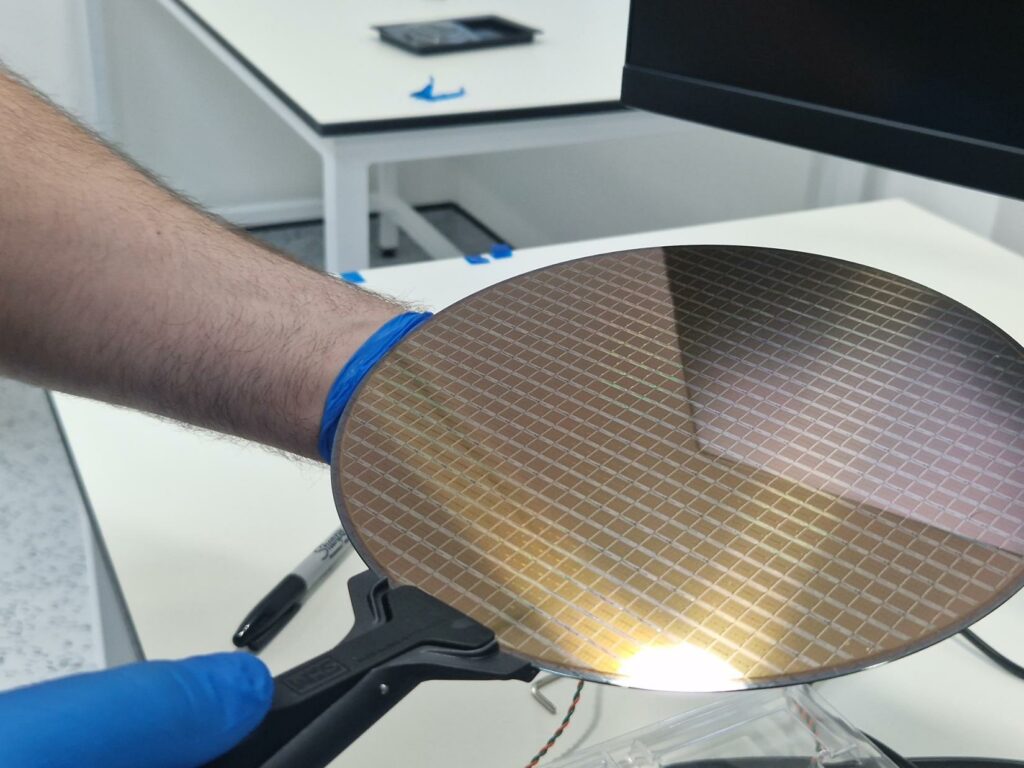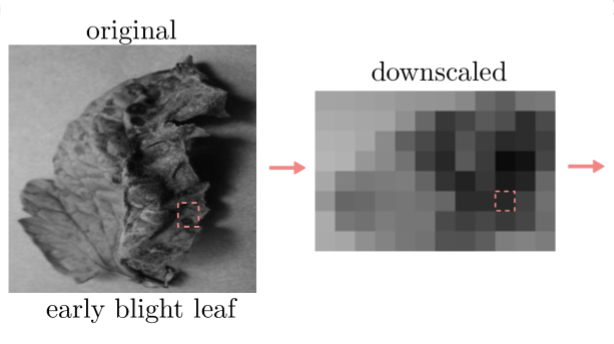
Quantum Roadmap
The announcement last autumn that the UK’s first commercially available quantum computer, supported by a £10 million government and industry investment, is fantastic news. With it, Science Minister Amanda Solloway wants the UK to become the world’s first quantum-ready economy. One act in realizing this is the launch of the new National Quantum Computer Centre (NQCC) in Oxfordshire, which has set out a roadmap towards designing fault-tolerant general-purpose quantum computing (QC).
“Our ambition is to be the world’s first quantum-ready economy, which could provide UK businesses and industries with billions of pounds worth of opportunities. Therefore, I am delighted that companies across the country will have access to our first commercial quantum computer, to be based in Abingdon.
“This a key part of our plan to build back better using the latest technology, attract the brightest and best talent to the UK and encourage world-leading companies to invest here.”
— Amanda Solloway. UK Sciecne Minister
Yet, though the British government’s efforts are noteworthy, it’s going to take more than this to make the shift: it will surely require the combined efforts of every academic centre in the UK with a focus on quantum information science (QIS) and other quantum technologies to see the country charge forward post-Brexit.


This responsibility will lie partly with initiatives like the Hitachi Cambridge Laboratory (HCL) at the University of Cambridge. Founded in 1985, HCL has been in active collaboration with the University’s Cavendish Laboratory since 1989 and continues the well-established relationship between the Cavendish Laboratory and the R&D Centre of Hitachi Europe Ltd, a subsidiary wholly owned by Hitachi.
Hitachi Cambridge Laboratory (HCL)
At its inception, research at HCL concentrated on microelectronics using transport techniques, which the demonstration of the first single-electron memory in 1993 and the first single electron logic in 1995 stemmed from.
“A single-minded determination to improve ‘quality’, cultivate ‘technology’ and achieve ‘reliability’.These traits crystallized into the founding spirit of Hitachi that is alive and well in its factories around the world today.”
— Mr Hiroaki Nakanishi, Former President of Hitachi, Ltd.
Since that time, cooperation has broadened to several other research groups at the Cavendish site including the Microelectronics group and the Optoelectronics group, the Semiconductor Physics group, the Thin Film Magnetism group, and the Atomic, Mesoscopic and Optical Physics group with the goal of breaking new ground in advanced electronic and optoelectronic devices.

Today, HCL’s research projects include investigations on spintronics, quantum information, and quantum optics and biosensors. HCL’s members, meanwhile, have impressively produced more than 500 publications over the last thirty years, the last one — Controlled Localized Domain Wall Writing in Antiferromagnetic Nano Stripes With In-Plane Transverse Currents, P. E. Roy, — was published in 2020.
The heads of HCL are Laboratory Manager Professor Charles Smith and his deputy, Dr. Normann Mertig. These two lead a dozen research scientists and students. With its international team of researchers, HCL is the right place to be for worthy QIS research projects and will certainly assist the UK in its wish to become the “world’s first quantum-ready economy.”
Dr. Masakatsu Mori, CTO of Hitachi Europe Ltd, said about the collaboration back in 2019: “Working with the Cavendish Laboratory and research partners we have made significant advances in Si-based quantum devices over the last few years. The next step towards a practical quantum computer based on this technology will be to extend the research beyond the device to computer science, to include architecture and systems consideration. We are excited to be moving forward together with the university in this new endeavour.”
If you found this article to be informative, you can explore more current quantum news here, exclusives, interviews, and podcasts.



















